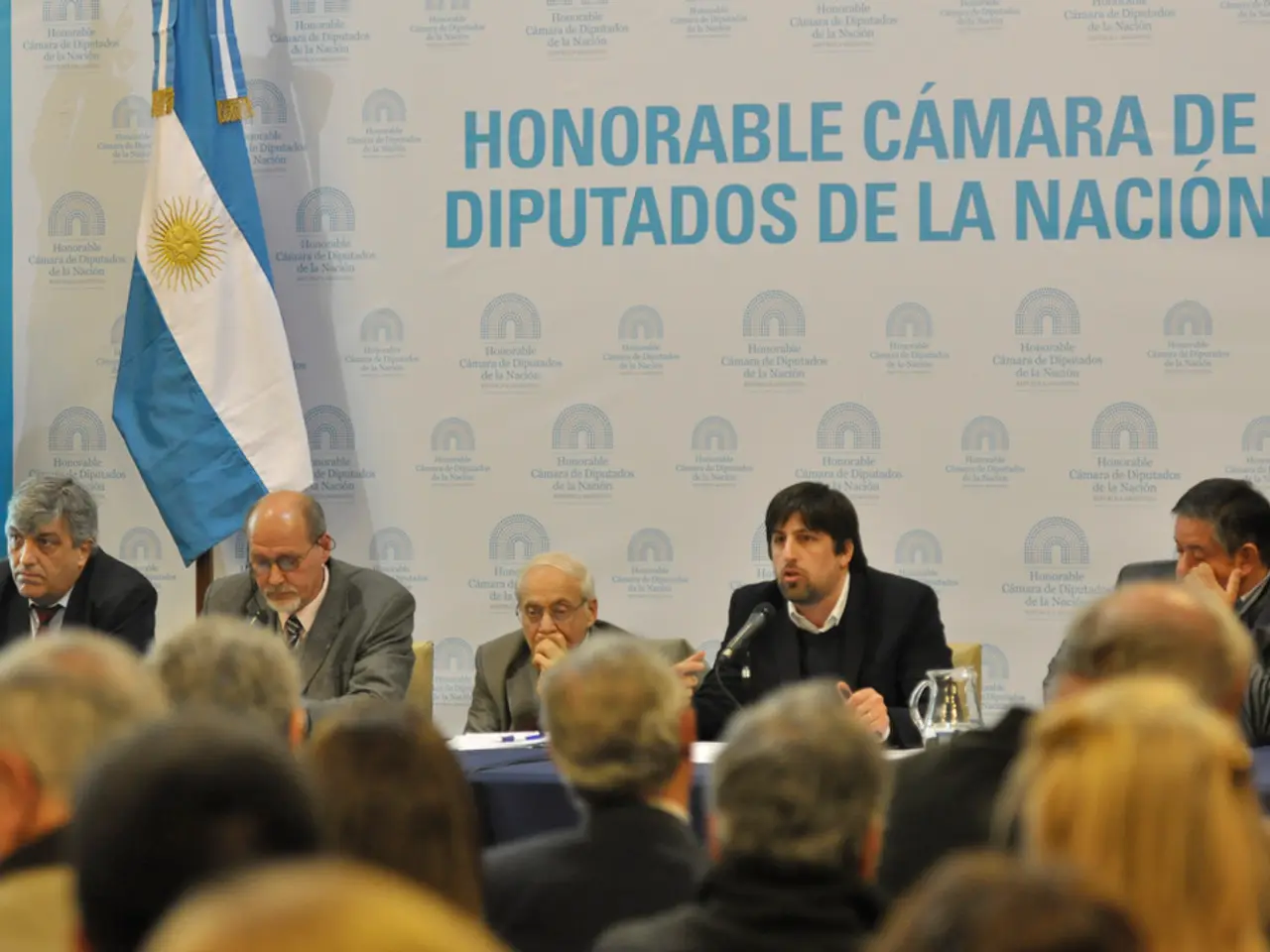European Court of Justice rules on migrant return: Decision from Albania to Italy
Italy, like other European Union (EU) member states, has the power to designate certain countries as "safe" for the purpose of asylum applications. However, the designation of a third country as safe is not a straightforward process and is subject to various conditions and judicial oversight.
Recently, countries such as Bangladesh, Tunisia, and Egypt have found themselves on Italy's list of "safe countries," despite concerns about the precarious situation of minorities and opponents in these nations. The final decision on whether a country is considered safe lies with the judge who decides on a specific case.
The European Court of Justice (ECJ) has played a significant role in shaping the safe country designation process. The ECJ has ruled that EU countries cannot declare an entire country safe when certain regions or certain categories of people are at risk. This means that the designation of a third country as safe must be subject to effective judicial review.
In a recent case involving migrants from Bangladesh and Egypt, the Italian court ordered the return of the migrants due to the countries of their origin being considered unsafe. The reasons why Rome declares certain states "safe countries" are not always clear, but the sources of information used to designate a third country as safe must be accessible to both the applicant and the competent court.
The ECJ also states that a third country cannot be designated as safe if it does not meet substantial conditions for certain categories of people, such as vulnerable groups like homosexuals. The court argues that these groups cannot be excluded from protection.
The Italian government, under Giorgia Meloni, signed an agreement with Albania in November 2023 to establish two migrant processing centers in Albania. These centers were intended to handle migrants rescued by Italy in the Central Mediterranean. However, the judges argued that, according to the agreement between Rome and Tirana, the transfer of people intercepted on Italian coasts can only occur if they are adult men, in good health, and from safe countries.
The Rome court declared the detention of these migrants in Albania illegal last year. This incident underscores the importance of transparency and verifiable evidence in the safe country designation process. The court of justice insists that Member States must provide such evidence to ensure that decisions can be subjected to judicial scrutiny and are not based on arbitrary or opaque criteria.
The EU is moving towards greater harmonization with the Asylum Procedures Regulation (APR), which includes common criteria and a common EU list of safe countries of origin. This regulation, entering into force in mid-2026, formalizes the designation process, including judicial safeguards, and aims to standardize the treatment of asylum seekers from countries identified as safe.
In summary, the safe country designation requires safety for the entire population, including vulnerable groups, transparent and verifiable evidence, and disclosure of sources used for assessment. Judicial review ensures that Member States’ designations can be challenged and verified in court by requiring transparency and accessibility of information. The EU harmonization through the APR will set common criteria and procedures for designations and accelerated asylum processing from safe countries starting June 2026. Until the APR applies, implementation varies, but the CJEU has already set important binding principles. This framework supports fast-track asylum procedures for applicants from safe countries without compromising their fundamental rights or judicial oversight.
[1] European Commission, "EU Guidelines on the implementation of the EU's Common European Asylum System for third-country nationals," 2021. [2] European Court of Justice, "Case C-924/19 PPU, R (on the application of Save the Children) v Secretary of State for the Home Department," 2020. [3] European Parliament and Council, "Regulation (EU) 2021/1873 on the establishment of an EU+ Pact on migration and asylum," 2021.
The European Court of Justice (ECJ) emphasized that a third country cannot be deemed safe if it does not offer protection to vulnerable groups like homosexuals, as stated in the case C-924/19 PPU, R (on the application of Save the Children) v Secretary of State for the Home Department in 2020. In light of this, Italy, under the European Union's (EU) Common European Asylum System, must provide transparent and verifiable evidence to support their designation of a third country as safe, as enforced in the case involving migrants from Bangladesh and Egypt.






